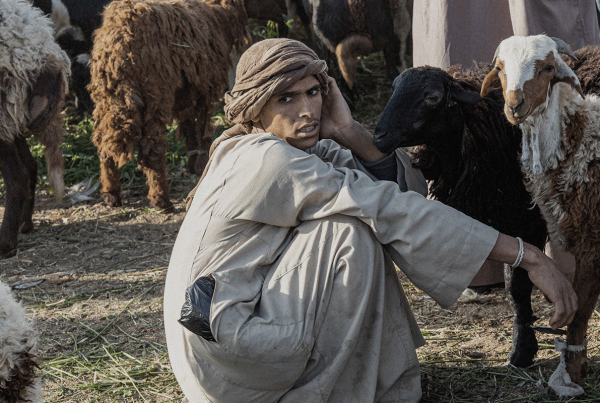Human trafficking is a global, complex, and heartbreaking issue
For approximately 50 million people, it’s not some obscure, disconnected concept that’s hard to comprehend; it’s a reality they’re forced to live in daily. If we want to effectively contribute to the eradication of modern slavery, we must first understand what causes human trafficking and the effects of human trafficking on those involved. Only then can we start making strategic moves to stop this crime and truly help those in need.
What causes human trafficking?
The root cause of human trafficking is traffickers1
Traffickers prey on others’ weaknesses, unfortunate circumstances, unfamiliarity, and inexperience. Traffickers are trained to identify vulnerability and use expert manipulation tactics to persuade and control their victims. They identify a void and offer to fill it.
Vulnerability creates opportunity for traffickers
Individuals living in difficult conditions can become desperate, and that desperation makes them vulnerable. While the following categories do not cause human trafficking, they do create a state of vulnerability and ideal opportunities for traffickers to strike.
The Truth about Sex Trafficking
Download our free eBook today.
Conditions That Create Vulnerability
What are the effects of human trafficking?
Human trafficking can have physical, emotional, and psychological effects on anyone involved. It has the power to impact someone’s life forever. Here are some common ways human trafficking affects victims and perpetrators. As you read through this section, keep in mind that many traffickers also experience trauma because of what they see and do to others, and many traffickers have been victimized themselves at some point in their lives.
Effects of human trafficking on the victims
Effects of human trafficking on the trafficker(s)
What you can do to help
Here at The Exodus Road, we believe we all have a role to play in creating a free world. There are numerous ways YOU can help fight human trafficking in your own community.
- Bring awareness to your social circles so your friends and family know more about trafficking
- Volunteer with a local counter-trafficking organization
- Host a fundraiser
- Call the National Human Trafficking Hotline if you notice suspicious activity
- Be a friend to someone who is alone and vulnerable
- Donate to an organization that works on the front lines. The Exodus Road works with local police to find and free modern slaves and provide aftercare to survivors.
Donate to The Exodus Road today.
No action is too small. Never underestimate the difference you can make in someone’s life through one small act of kindness.
This article was originally published in November of 2018.








One Comment